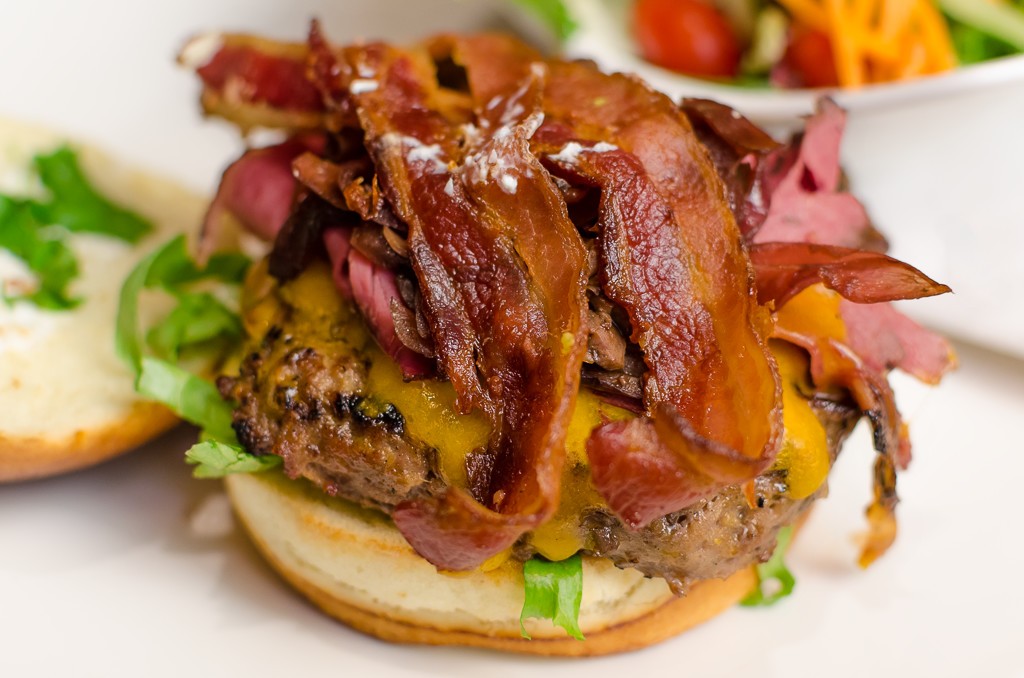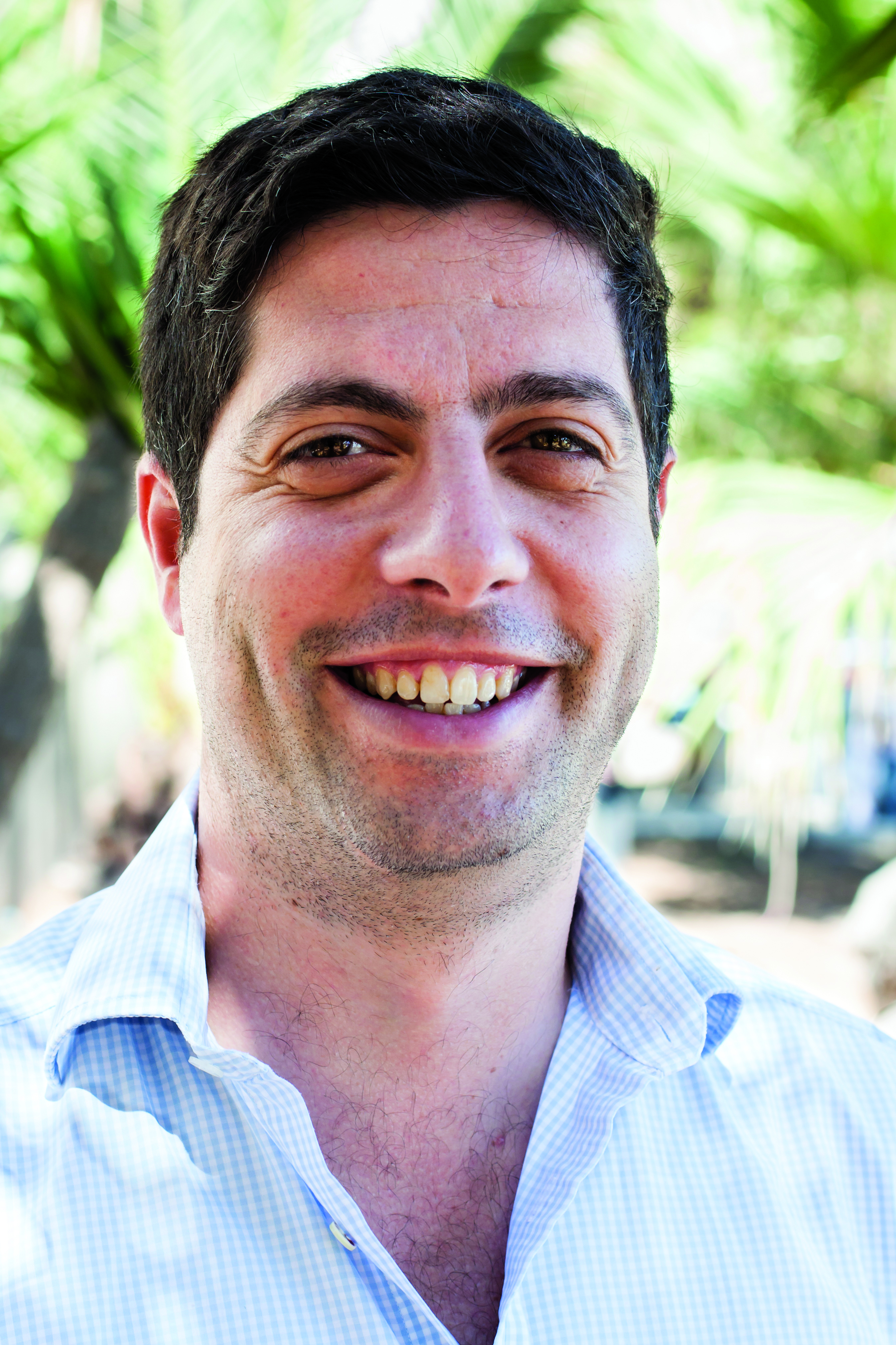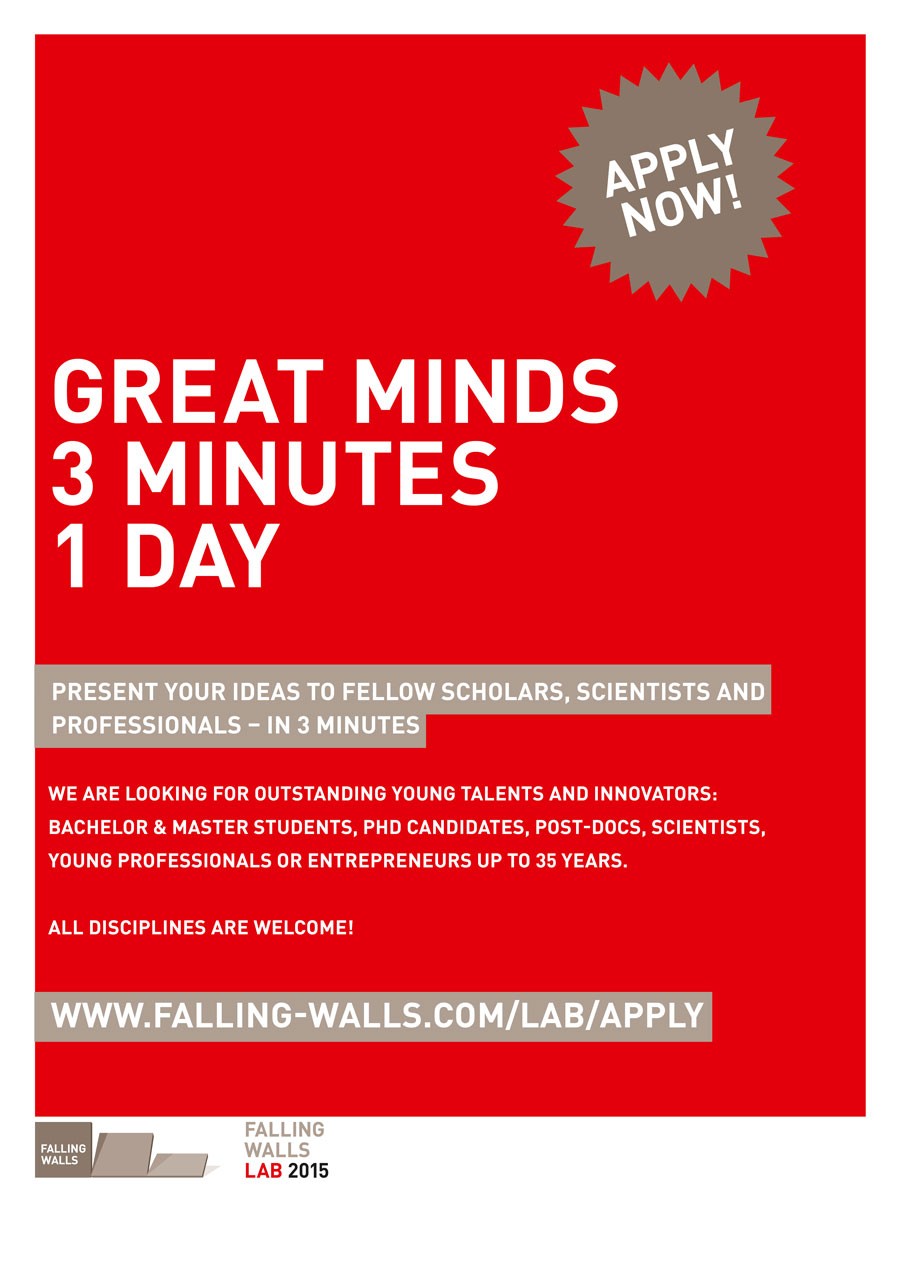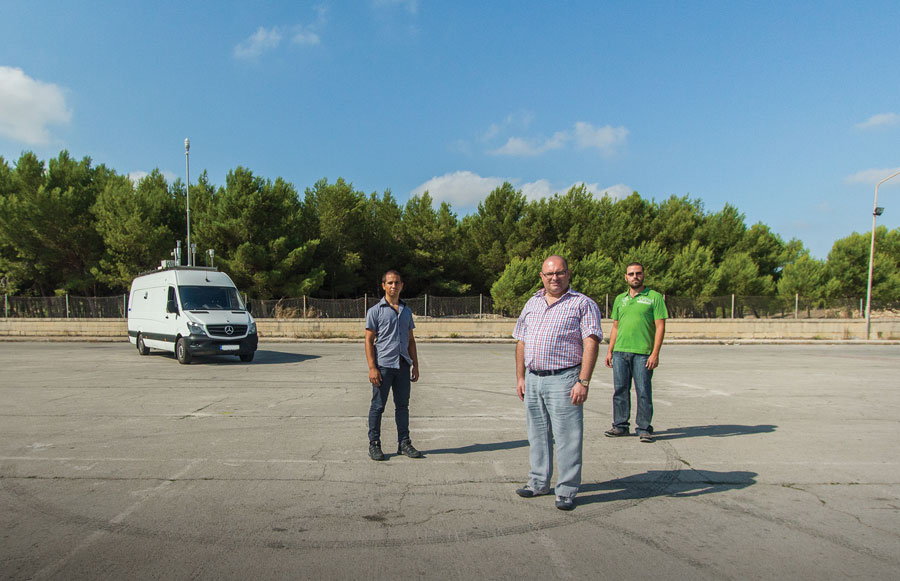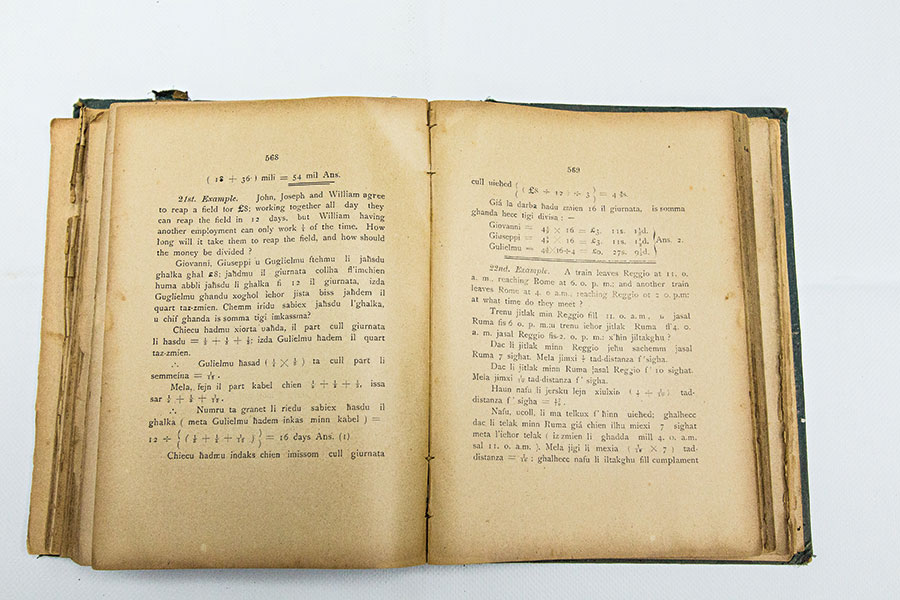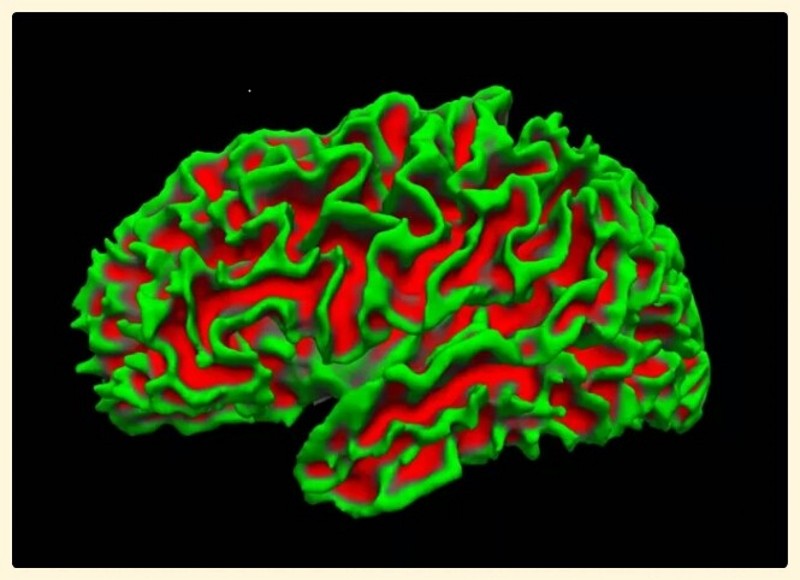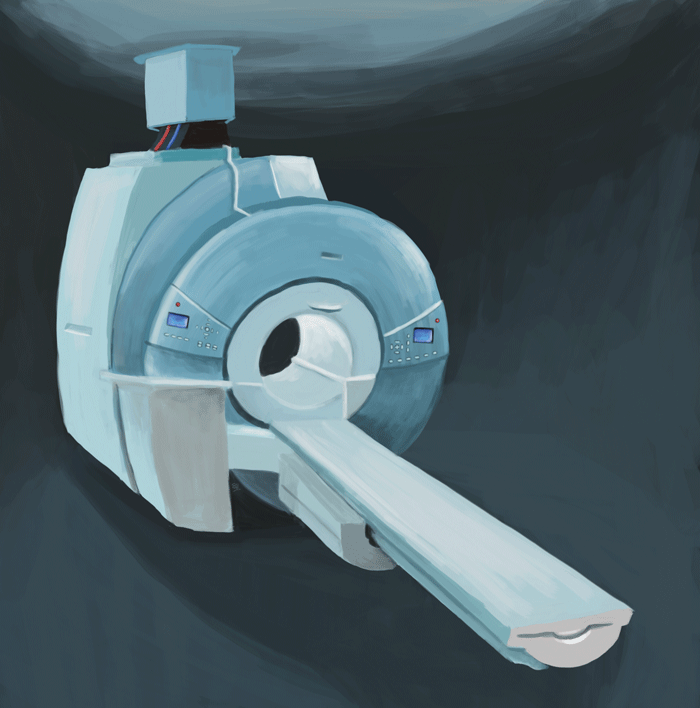Our insatiable, carnivorous appetite persists in driving an increase in the global demand and production of meat. This continues to fuel controversy over the meat industries impact on the environment and its effects on our own health. To continue the discussion, S-Cubed, the Science Student Society has recently held a debate to discuss our meat eating habits. Words by Scott Wilcockson.
Gateway for Migrant Rescue in the Mediterranean
My 100 word idea to change Malta
By Prof. Kris Zarb Adami
Falling Walls: Young Talents on Stage
The Falling Walls Lab is an international forum, which aims at building and promoting interdisciplinary connections between young excellent academics, entrepreneurs and professionals from all fields.
Every Breath You Take
The air we breathe is vital to our health. Researchers at the Department of Geosciences (University of Malta) are measuring how clean Malta’s air is. They are also optimising a model of the Mediterranean atmosphere to see how climate change will affect the Maltese Islands and their surrounding region. Words by Natasha Padfield. Photography by Jean Claude Vancell.
The first Maltese mathematics textbook
In 1913, Tommaso Vella published an arithmetic textbook in both English and Maltese called Aritmetica Bil Malti u Bl’Inglis. Dr Claude Bajada explores this intriguing book.
Research, Teeth, and the Community
Prof. Nikolai Attard was on the other end of the phone and was passionately describing what he had in mind. ‘A mobile dental clinic will be able to reach out to the community, schools, old people’s homes, village squares and we’ll be collecting epidemiological data on oral health which can then be fed into existing health data. At the same time we’ll be providing a free dental examination and advice to thousands of people, which they will then follow up with their personal dentist. This could be a first for Malta.’ Nikolai, Dean of the Faculty of Dental Surgery (University of Malta), is determined to expand the Faculty’s teaching activities and promote oral health.
Sleep, Nerves, and Maltese Neuroscience
By Claude Bajada
In the previous edition of Think, Professor Giuseppe DiGiovanni announced the launch of the Malta Neuroscience Network. The group has now had its first public seminar that attracted neuroscientists, neurologists, psychologists and psychiatrists. It consisted of two talks by world-renowned researchers.
Housebound
Move over Minority Report
TECH NEWS by Ryan Abela
In 1964 a very clever engineer, called Douglas Engelbart, invented a tiny device that changed the whole concept of how we interact with machines. By moving the device, a pointer on a screen moved, while tapping a button with your finger would cause an action. I’m talking about the mouse—a device now taken for granted—but back in its inception it had revolutionised the way we instructed machines. Instead of giving commands through a keyboard, the mouse made it possible to work in 2D.Continue reading

